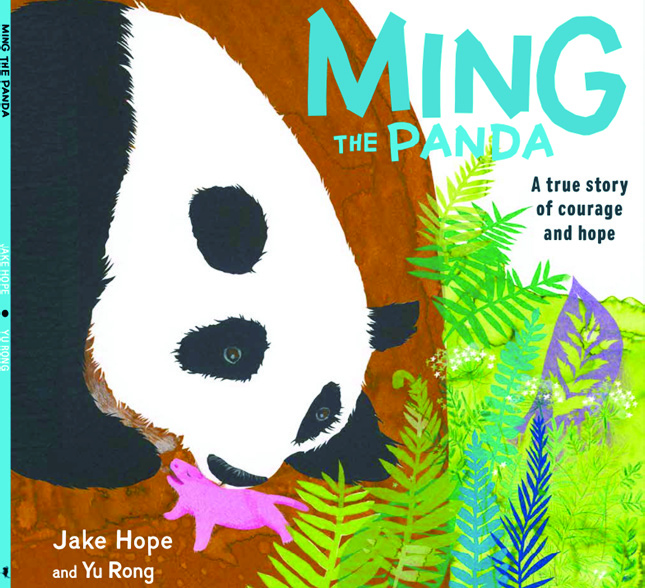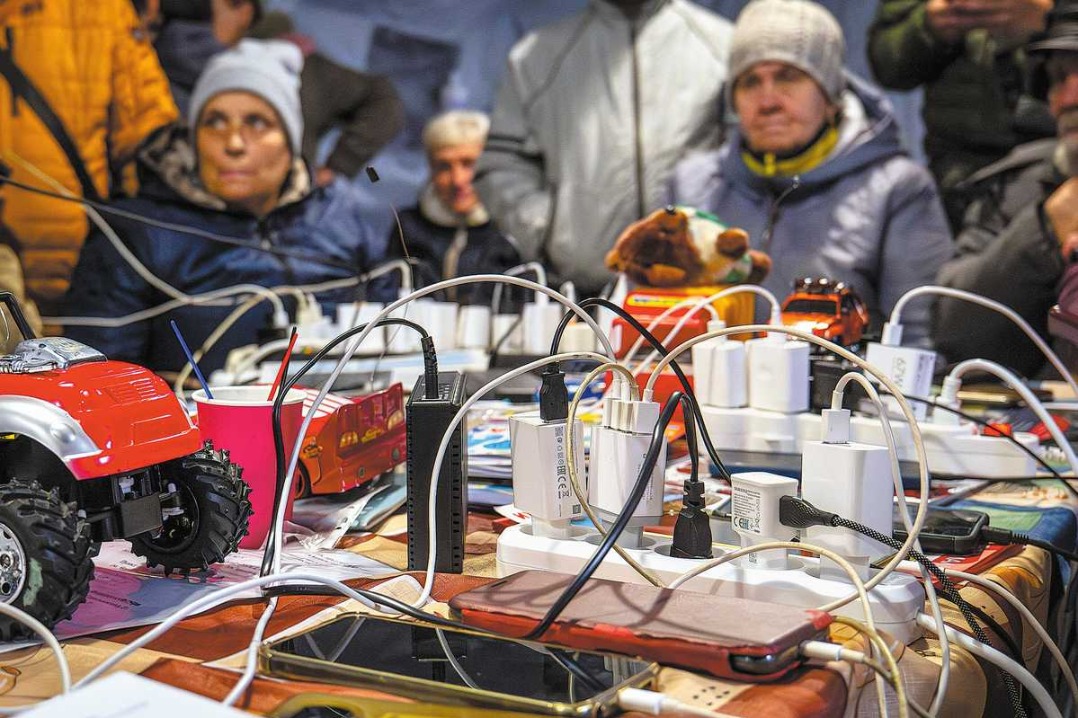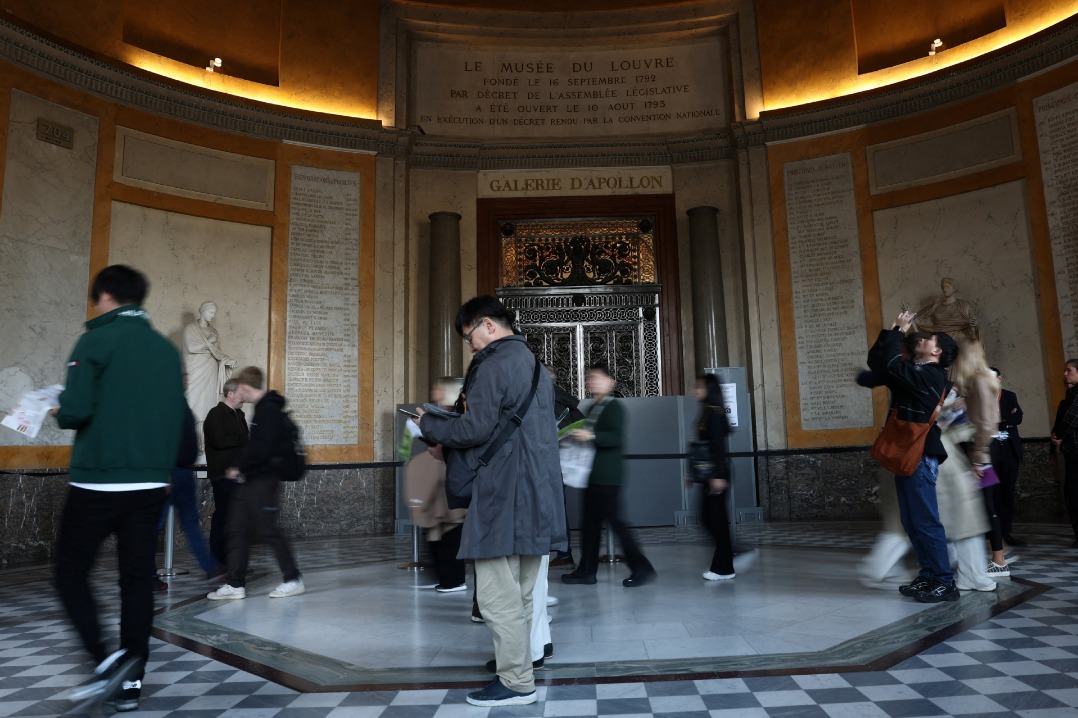New book honors the panda that brought hope to London in WWII


For the illustrator of Chinese heritage who grew up near a bamboo forest in East China's Jiangsu province, creating the book also carries something more.
"In such difficult times, our Ming, who came all the way from China, brought with her a spirit that I feel embodied an Eastern sense of gentleness, calm, and peace. Although Ming has left us, we truly ought to applaud her," Yu said.
For years, Yu has been committed to raising her voice in the Western children's book industry, both as a Chinese person and as an Asian woman. She has earned recognition for her innovative approach, combining traditional Chinese folk art paper-cutting with pencil drawing.
Yu has won prizes and been shortlisted for awards, including one of the most prestigious in her field — the Yoto Carnegie Medal for Illustration, the UK's highest honor for children's literature.
Ming survived most of the war, but died of unexplained causes at the end of 1944.
The whole nation mourned her loss. British national daily newspaper The Times even ran an obituary that read: "She could die happy in the knowledge that she gladdened the universal heart and even in the stress of war her death should not go unnoticed."
An obituary for an animal was virtually unheard of at a time when only the deaths of the great and the good, and the not-so-good, appeared in the pages of such a prestigious publication.
In 2015, a life-size statue of Ming, made by a group of artists in Sichuan, was donated to London Zoo to commemorate the 70th anniversary of the end of World War II and to stand as a testament to China-UK friendship.
Chris Peterson contributed to this story.
































